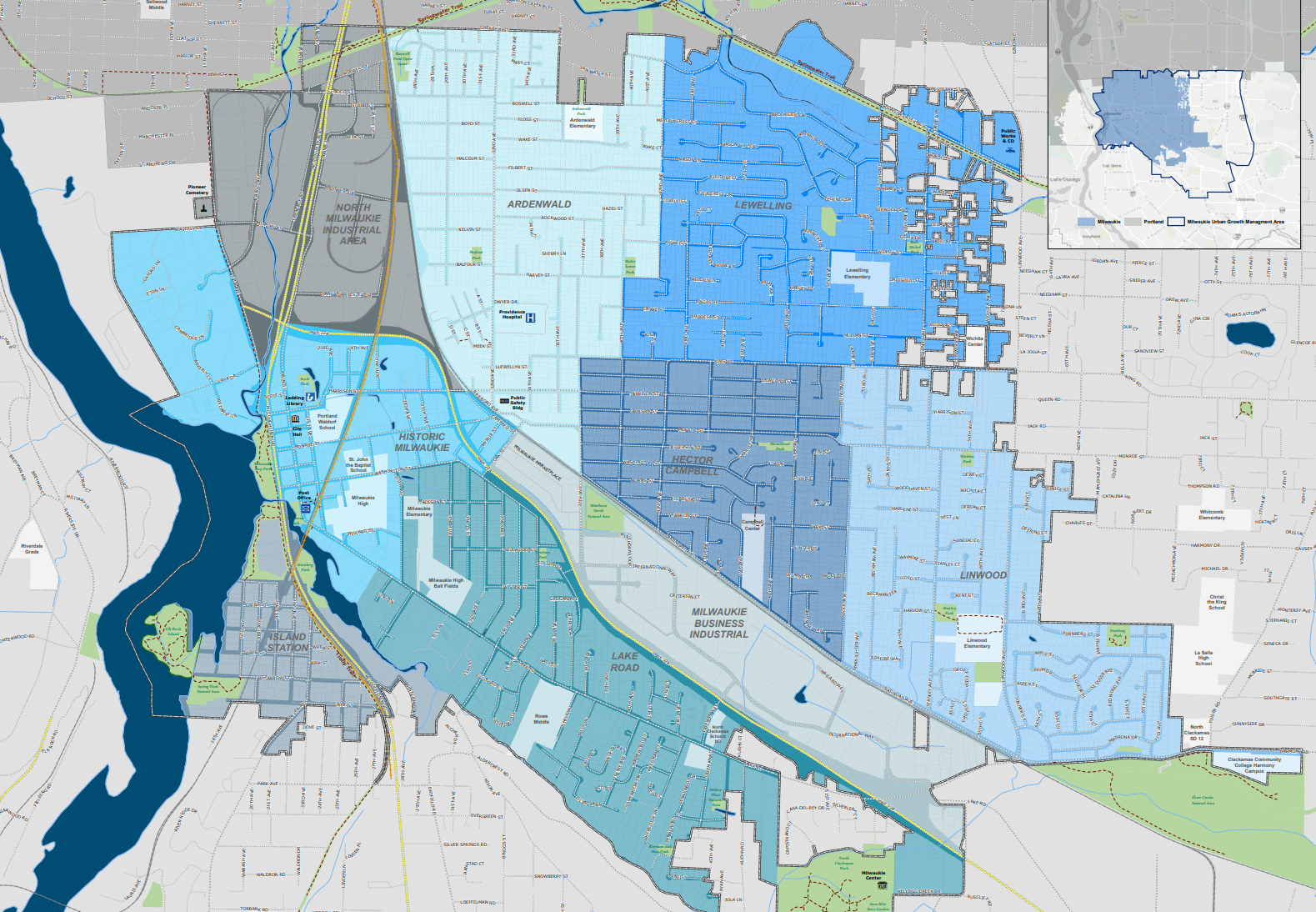How Soon Can You Sell Your Portland Home After Buying It?

Updated 12/2024
Buying a home is a big investment, one of the largest in life for most people. According to the Zillow Group Consumer Housing Trends Report (2024), the typical homeowner will stay home for 12 years before putting it on the market. This allows substantial equity growth and avoids financial loss through capital gains tax, mortgage prepayment penalties, and more. However, since COVID-19, homeowners have been selling sooner rather than later. In 2019, the Zillow Group Consumer Housing Trends Report found that the average homeowner will stay in their home for 15 years.
The global pandemic effectively lowered the average by an entire year, but other unavoidable life circumstances can suddenly force an unseen move, so it is good to understand the implications if you need to sell a home soon after buying it.
The 5-Year Rule of Thumb In Real Estate
The consensus in the real estate world is that a homebuyer will stay in a home for at least five years to avoid financial loss. This is when the home will appreciate enough to break even on purchasing costs, like closing fees and real estate commissions.
5+ Years is Currently a Better Estimate for the Portland Area
In the Portland real estate market in particular, using our rent vs. buy calculations, a homeowner here is better off financially after five years and nine months than a renter. This is mostly due to high interest rates and home prices, which are driven by inflation and low inventory. However, if you plan on staying in your home for at least a few years, buying would be advantageous. This is primarily due to rising rent prices in the Portland area. Also, federal law prohibits prepayment penalties on homeowner loans older than three years (this isn’t true for commercial loans).

Significant Tax Implications If You Sell A Home Before 2 Years
Selling the home you live in before owning it for two years will mean paying capital gains tax. While the IRS allows single homeowners to exclude up to $250,000 of capital gains tax on real estate and married homeowners up to $500,000, this does not apply if you sell before you’ve owned and lived in your home for two years. There are some exceptions to this, so consult a financial advisor or tax expert before making any decisions. The tax rate could be up to 25%, combining state and federal taxes, but it will depend on your income tax bracket.
Serious Financial Repercussions If Selling Before 1 Year
Some mortgage lenders have prepayment penalties if you’re selling quickly. Check with your mortgage holder before selling. Generally, a lender cannot collect a prepayment penalty greater than 3% of the amount of the outstanding loan balance, nor can a lender collect a prepayment penalty after you’ve owned the home for three years.
Additionally, tax implications can also be worse when selling under one year. Any home sold before the one-year mark is considered a short-term gain by the IRS. Short-term gains are taxed at short-term rates equal to your income tax. Long-term gains (selling your home after one year without falling under a seller’s tax exemption) are high enough, but short-term rates can be even higher. Check with your CPA before selling a home within one year of purchasing.
Penalties and taxes on homes sold under one year after purchase can hurt a person’s financial stability, but it depends on the amount of profit and whether or not there is any prepayment penalty. The risk may be worth it once you take these factors into consideration, but in most cases, we advise against selling your home in under one year.
10 Reasons Homeowners Sell Sooner Than They Expect To
Most people only plan to sell soon after buying if the intention is to flip the property. In that case, increasing the gap between buying and selling is ideal. But despite the best-laid plans, life happens. Unexpected events occur and require change, which can cause you to sell sooner than anticipated.
Here are a few reasons why a buyer might become a seller sooner than expected and how to avoid – or be more prepared for – the unexpected with your new home.
Buyer’s Remorse
Maybe that dream home isn’t so dreamy once you’re living in it day in and day out, or it could be that the neighborhood isn’t what you’d envisioned. An experienced real estate agent can work with you to help create confidence in your home purchase before you commit.
Job Relocation
You move in, get settled, then land the perfect job. However, it requires a long commute that isn’t possible due to transportation restrictions or family obligations. This is hard to prepare for. However, when you find that perfect home, you can factor proximity to your new home with your job search criteria. Happiness with your living situation can go a long way toward overall job satisfaction.
Financial Toll
Property taxes might increase, or your household income may take a hit, both of which can force a sale. Unfortunately, neither of these are easily planned for. However, some insurance plans cover the loss of a job or a reduction in income. It is important to note that you must have the insurance in place before the income change. Another proactive solution is to create a separate savings account dedicated to financial emergencies that could help to supplement lost income.
Health Emergency
An unexpected and costly health situation might arise, leaving you with expensive medical bills. As with a sudden change in finances, a health crisis cannot always be anticipated. Various health insurance plans also offers options to offset unexpected financial costs.
Family Changes
Shifts in family size and circumstance—like gaining a new family member, seeing one off to college, or the passing of a loved one—might cause you to sell and find a more suitable home. These can be mitigated by considering future possibilities and planning ahead. But unfortunately, some family transitions cannot be anticipated. This is why, as with the other scenarios above, it is wise to set aside a separate “emergency fund” for unexpected life changes (if possible).
Changing Market Conditions
Changes in the housing market can be an incentive to sell. For example, a spike in home values or demand can be a good time to maximize profit. Staying informed about local market trends and consulting with a real estate professional can help you spot an ideal time to sell.
Divorce or Separation
Changes in a marriage can lead to the need to sell a home. While this isn’t an occurrence you might look forward to or even plan, working with a lawyer or intermediary can help you and your spouse come to an agreement that is fair and timely. Having pre-set legal agreements in place can also help.
Desire for a Lifestyle Change
Shifts in your priorities—like living closer to loved ones, looking for better schools, or shifting from an urban or rural lifestyle—can prompt a sale. These changes aren’t always predictable, but the chances of them happening might be, so keep as many factors in mind for your next property to prevent an early sale from reoccurring.
Rising Maintenance Costs
Older homes or homes with deferred maintenance can become financially burdensome over time, and you may need more funds to cover the work, prompting you to sell. Regularly setting aside funds for home maintenance, taking advantage of home upgrade tax incentives, and investing in home warranties can help you live in the home longer before you sell or avoid selling the home altogether.
Neighborhood Changes
A once-quiet neighborhood may suddenly be hit with construction noise, increased traffic, or safety concerns. Keeping an eye on community development plans and researching neighborhood trends can keep you prepared and gauge whether you need to make an immediate change or wait until the changes end or pass the five-year mark.
Timing the Portland Real Estate Market Correctly Can Make a Sale Easier
There is a best month of the year and a worst month of the year to sell a home in the greater Portland metro, even if the overall market is headed up or down. Knowing local season trends can help. For even more information follow our monthly Portland market reports and suburb updates for ongoing insights into the real estate market across Portland.
Considering Selling Your Home Sooner Rather than Later?
Our top 1% seller’s agents would love to tour your home and advise you on what’s best for you. Plus, our real estate commission rates are less than average (1.7%) and our marketing for our client’s homes is unmatched. We’d love to connect, give us a call today.


